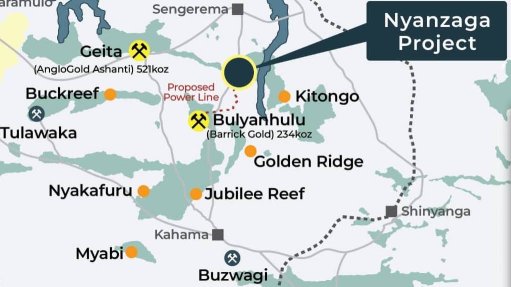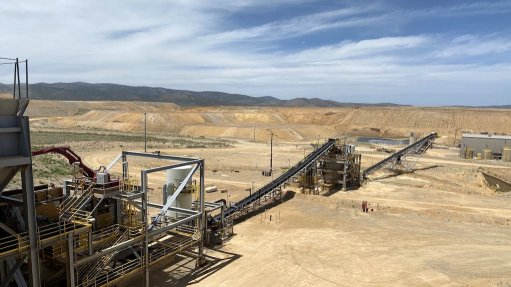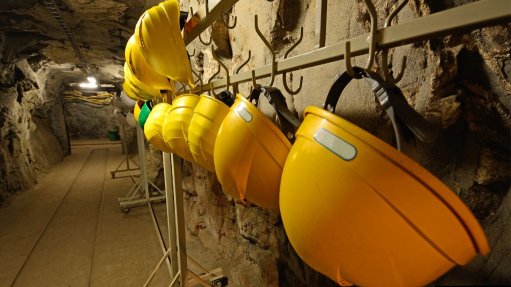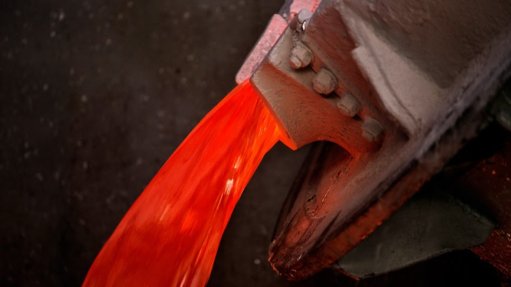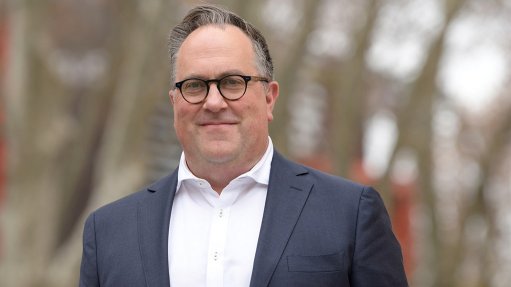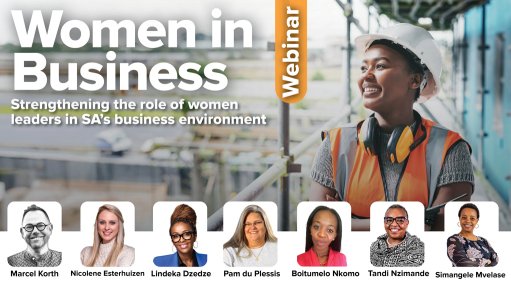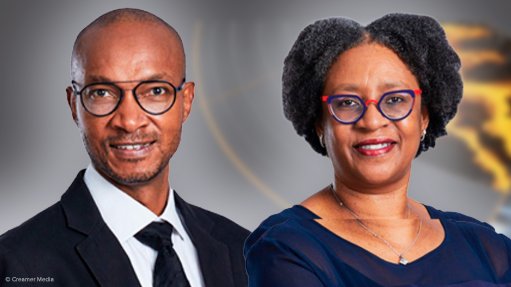Investment needed to revive industry

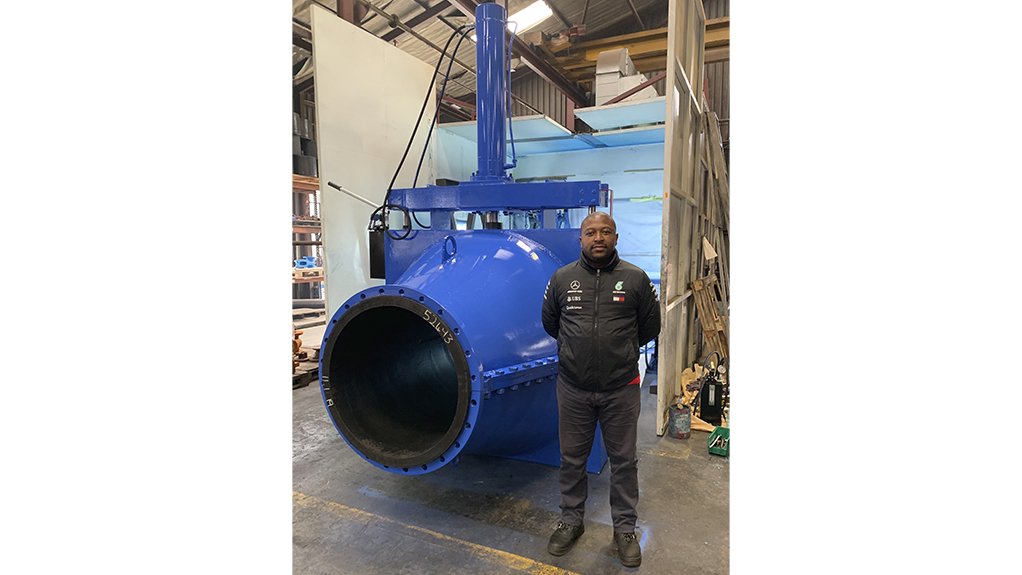
Mlungisi Cele Only locally manufactured products should qualify as local content
South African metal fabricators and government have to invest in the industry to compete with cheap imports from countries such as China, says valves manufacturer Dynamic Fluid Control executive director and COO Mlungisi Cele.
Although there is demand for metal fabricators, owing to construction and infrastructure development in South Africa, Cele notes that China is definite competition in the industry, as its products are often cheaper than locally produced products.
The increase in cheaper imports has resulted in foundries and small companies downsizing or shutting down because they are unable to absorb the pressure.
However, Cele explains that this challenge can be managed if the industry collaborates with government and agrees on how to control imports in a way that will enable local businesses to compete. The current measures to do so have either not been effective or are not easy to enforce.
For example, local-content polices are not easily enforceable, says to Cele.
“If local content is measured by value rather than the actual source of raw materials as well as where the product was manufactured, it is possible to manipulate.”
Such manipulation is possible through imported low-cost products being transported from Durban to Johannesburg at a higher cost, allowing for the value of the product “to become local” as a significant percentage of the cost is incurred locally.
A better approach would be to qualify only the products that are made in South Africa as local content, adds Cele.
Additional investment in the industry needs to come in the form of skills development and new equipment.
“In South Africa, we do have the right quality of technical education, but it is not accessible to the majority of people. This means we need to make sure that a lot of people get access to this education so that they can get into engineering careers to boost the industry,” says Cele.
Dynamic Fluid Control requires employees who have different levels of education and skills. The engineering of products requires graduates who have obtained a bachelor’s degree in science to design the products. Qualified technicians are required to diagnose problems in equipment and factories, while artisans are required to solve the problems that occur on a daily basis.
There is a lack of qualified engineers, technicians and artisans in South Africa, which results in companies having to train employees to fill these roles.
However, Cele says this is not enough to meet the demand, and suggests that there has to be a national plan to encourage skills development, and make such development more accessible to enable the industry to grow.
Consequently, this could lead to infrastructure development, he adds.
Once investment has been made in skills development, companies can invest in new equipment, for which employees will have the required skills to operate.
The weak economy has made it difficult to invest in equipment and good maintenance, resulting in factories using old equipment and technology. This makes it difficult to compete with imported goods that use newer equipment and technology.
If local producers can provide products that are of the same, or better, quality and at a better price, compared with imported products, there will be less reliance on controlling imported products, Cele concludes.
Comments
Press Office
Announcements
What's On
Subscribe to improve your user experience...
Option 1 (equivalent of R125 a month):
Receive a weekly copy of Creamer Media's Engineering News & Mining Weekly magazine
(print copy for those in South Africa and e-magazine for those outside of South Africa)
Receive daily email newsletters
Access to full search results
Access archive of magazine back copies
Access to Projects in Progress
Access to ONE Research Report of your choice in PDF format
Option 2 (equivalent of R375 a month):
All benefits from Option 1
PLUS
Access to Creamer Media's Research Channel Africa for ALL Research Reports, in PDF format, on various industrial and mining sectors
including Electricity; Water; Energy Transition; Hydrogen; Roads, Rail and Ports; Coal; Gold; Platinum; Battery Metals; etc.
Already a subscriber?
Forgotten your password?
Receive weekly copy of Creamer Media's Engineering News & Mining Weekly magazine (print copy for those in South Africa and e-magazine for those outside of South Africa)
➕
Recieve daily email newsletters
➕
Access to full search results
➕
Access archive of magazine back copies
➕
Access to Projects in Progress
➕
Access to ONE Research Report of your choice in PDF format
RESEARCH CHANNEL AFRICA
R4500 (equivalent of R375 a month)
SUBSCRIBEAll benefits from Option 1
➕
Access to Creamer Media's Research Channel Africa for ALL Research Reports on various industrial and mining sectors, in PDF format, including on:
Electricity
➕
Water
➕
Energy Transition
➕
Hydrogen
➕
Roads, Rail and Ports
➕
Coal
➕
Gold
➕
Platinum
➕
Battery Metals
➕
etc.
Receive all benefits from Option 1 or Option 2 delivered to numerous people at your company
➕
Multiple User names and Passwords for simultaneous log-ins
➕
Intranet integration access to all in your organisation







